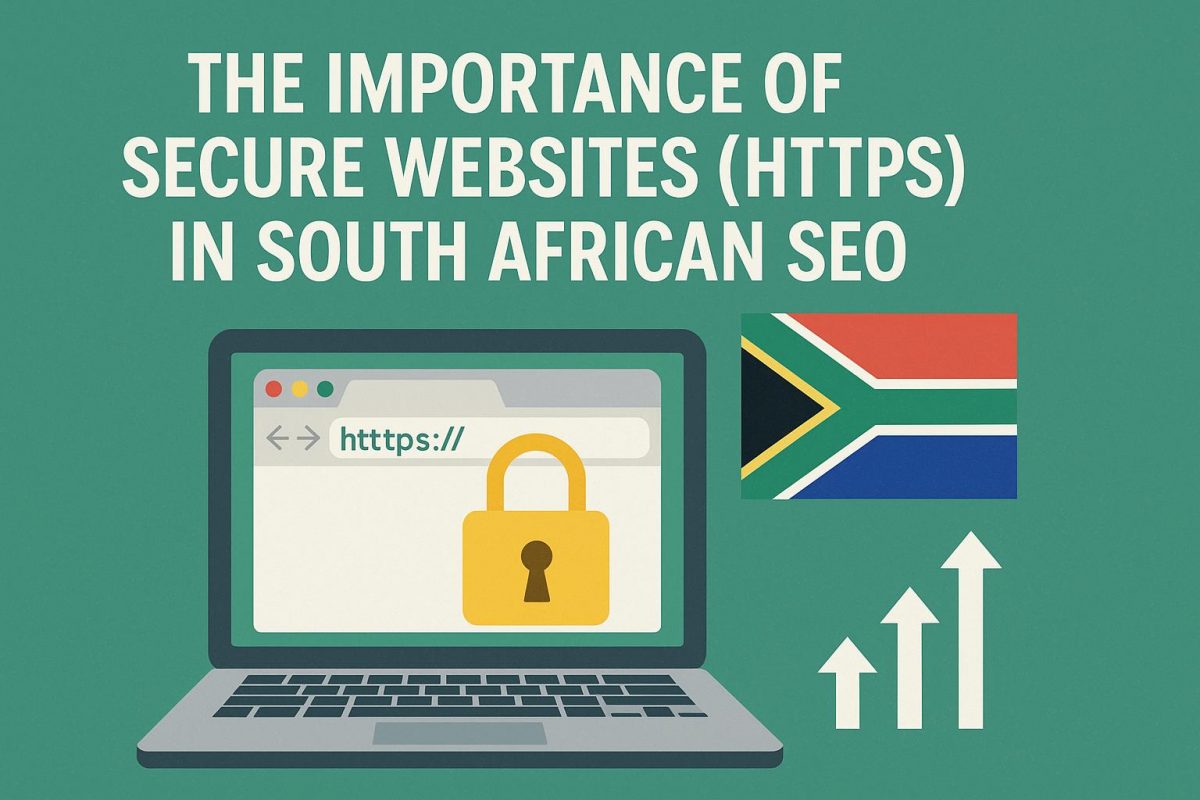Introduction to Schema Markup
Schema markup, or structured data, is gaining considerable attention in the realm of Search Engine Optimization (SEO). This powerful tool assists in the characterization of a website’s content, ensuring search engines grasp the essence and significance of the information presented. By applying specialized tags within a website’s HTML, schema markup facilitates the creation of enhanced search results that are more likely to align with user queries. For businesses in South Africa aiming to bolster their digital footprint, effectively utilizing schema markup is imperative.
What is Schema Markup?
Developed through a collaborative effort by top search engines like Google, Bing, and Yahoo, schema markup employs a semantic vocabulary of tags to augment the readability of webpage content by these search engines. The deployment of these tags aids in better interpretation and representation in search engine results pages (SERPs). While standard SEO practices focus on optimizing keywords and backlinks, schema markup goes a step further by distinctly labeling content, ensuring clarity and precision in how engines index the data.
Benefits of Using Schema Markup
Multiple benefits come with implementing schema markup:
Enhanced Search Visibility: Structured data empowers search engines to display rich snippets, providing users with detailed and relevant information right in the search results. Such enhancements can lead to higher click-through rates as users are more informed from the outset.
Local SEO Boost: Particularly advantageous for businesses targeting specific locales such as South Africa, schema markup captures essential details—address, contact info, operating hours—streamlining the search engine’s ability to present this data effectively.
Better User Experience: Beyond improving click-through rates, schema markup can satisfy user inquiries promptly, negating the need for them to sift through numerous webpages to find the requisite information.
Common Types of Schema Markup for South African SEO
When catering to a South African audience, several schema types hold great relevance:
Local Business Schema: This type is crucial for businesses with a physical presence, guiding search engines in displaying localized information correctly. This schema is especially beneficial in the South African market, given the importance of local searches.
Product Schema: For eCommerce platforms, employing product schema enriches product listings by detailing price points, availability, and various other pertinent metrics, thus combating the fierce competition in online product search results.
Event Schema: Ideal for organizations organizing events, this schema allows clear presentation of event specifics, ensuring visibility in what can be a saturated event listing space.
Implementing Schema Markup
To derive the most from schema markup, it is essential to follow a systematic implementation process. Initially, ascertain which schema types align with your website’s content. For businesses operating in South Africa, prioritizing local business schemas can yield substantial benefits due to the regional context of searches. Google’s tools, such as the Structured Data Testing Tool, play a pivotal role in verifying schema accuracy and ensuring correct implementation. Furthermore, website platforms like WordPress offer plugins that facilitate the integration of structured data without requiring extensive HTML alterations.
Step-by-Step Implementation
**Identify Key Content Types:** Start by reviewing your site to understand which segments would gain the most from structured data enhancement. This could include product pages, event lists, or business information.
**Choose the Right Schema Types:** Leverage Schema.org to select the most fitting schema types for your identified content. The goal is to align the appropriate schema with each section’s unique content.
**Generate and Insert Code:** Utilize online tools to generate accurate schema markup code tailored to your needs. Carefully embedding this code in your website’s HTML ensures that search engines can interpret the data correctly.
**Test and Validate:** Consistently use structured data testing tools to confirm that your markup is free from errors and is functional. Regular validation is crucial for detecting issues that may impede search engine indexing.
Conclusion
Incorporating schema markup into your website is a strategic move to enhance its performance in search engine results. This especially holds true for businesses catering to particular geographic locations, like South Africa. By choosing suitable schema types and implementing them effectively, companies can elevate their search visibility, increase web traffic, and improve potential conversions. Regular testing and validating ensure that the structured data nurtures SEO outcomes efficiently, thereby maintaining competitive advantage in the digital landscape.



